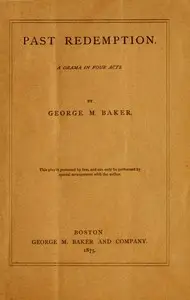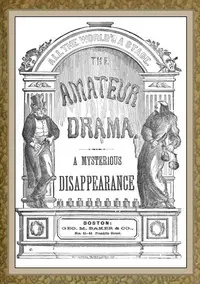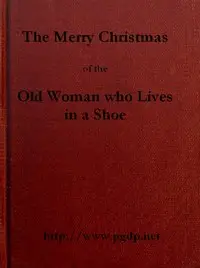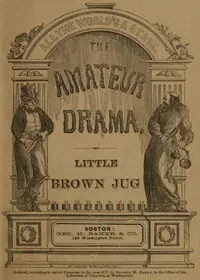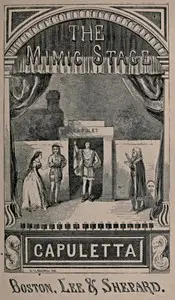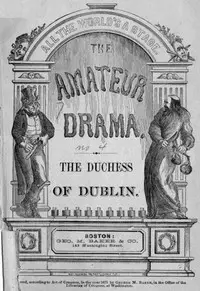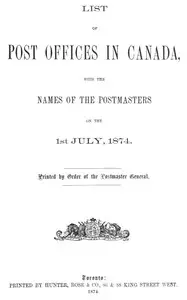"Comrades: A Drama in Three Acts" by George M. Baker is a play written in the late 19th century. The narrative revolves around the lives of several characters, including Royal Manning, his wife May, the tramp Matt Winsor, and Marcus Graves, who faces personal challenges tied to his past. Central themes appear to include friendship, the complexity of relationships, and social class struggles. The opening of the play introduces Royal Manning and May in their comfortable home, where they engage in lighthearted banter about matrimony and past lives. Royal reflects on his days as a soldier and his camaraderie with Matt Winsor, a former comrade from the war, who enters the scene as a drunken vagabond seeking assistance. Tensions arise as Royal and May discuss Marcus Graves, a man of mystery who has captured Bessie's affections. The playful atmosphere soon becomes heavier with the introduction of themes of shame and redemption, giving a hint of the deeper conflicts that will unfold through the characters' interactions and histories. (This is an automatically generated summary.)
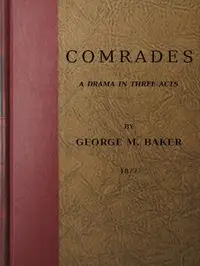
Comrades: A Drama in Three Acts
By George M. (George Melville) Baker
"Comrades: A Drama in Three Acts" by George M. Baker is a play written in the late 19th century. The narrative revolves around the lives of several ch...
George Melville Baker (1832–1890) was a playwright and publisher in Boston, Massachusetts, in the 19th century. He worked for Lee & Shepard publishers, then opened his own imprint. "George M. Baker & Co." issued works by authors such as Henry M. Baker, F.E. Chase, and Herbert Pelham Curtis. Baker's company ceased in 1885, succeeded by his brother's "Walter H. Baker & Co." George Baker also performed with comedian Henry C. Barnabee, appearing in "lyceum entertainments" in New England. He belonged to the Mercantile Library Association. He married Emily Bowles in 1858; children included novelist Emilie Loring, playwright Rachel Baker Gale, and screenwriter Robert Melville Baker.

